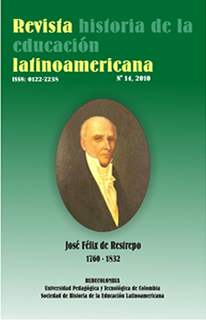THE 'VOSEO', THE OTHER CASTILIAN OF AMERICA

Abstract
This article covers the origin, types and development of the 'voseo', the second person singular form of address (as opposed to the Spanish second person plural form of address, N.d.T.) which two thirds of the Latin American inhabitants use. Its aims is to reflect about the possibility of introducing it into the teaching in schools and in the production of the contents in the media of the regions that use it regularly and view it as a strong element of cultural identity. Studying the 'voseo' contributes to understand a linguistic phenomenon deeply rooted in Latin America and the Caribbean that deserves a greater recognition and a continued research, since its development despite the rigid rules of traditional Castilian from Spain is taking the form of an act of rebellion and autonomy like the one our forefathers made to give us our independence two hundred years ago.
Keywords
Voseo, Education, Latin America and the Caribbean, Media.